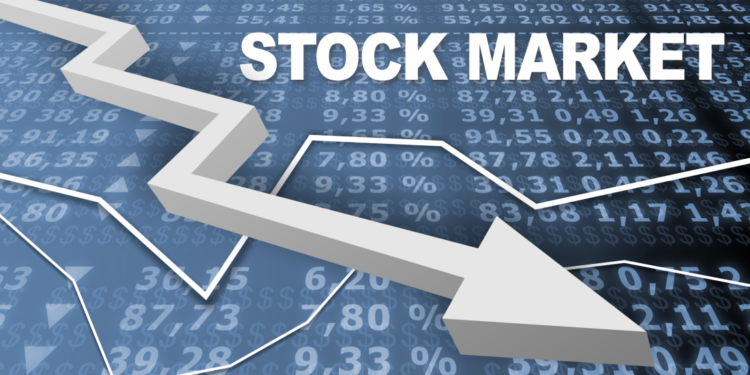The Nigerian stock market witnessed a net foreign investment outflow of N20.19 billion in January 2025, raising concerns about a potential liquidity crunch. According to data released by the Nigerian Exchange Limited (NGX), foreign outflows surged to N45.85 billion during the month, while foreign inflows stood at N25.66 billion.
This development highlights a growing trend of foreign investors withdrawing from the market, as outflows rose by 13.2% from N40.49 billion in December 2024 to N45.85 billion in January 2025. Meanwhile, foreign inflows experienced a marginal decline of 2.3%, dropping from N26.26 billion in December 2024 to N25.66 billion in January 2025.
On a year-on-year (YoY) basis, foreign outflows significantly outpaced inflows, increasing by 190.6% compared to January 2024, when outflows were N15.78 billion. This trend poses a threat to efforts aimed at stabilizing the naira and boosting external reserves, as foreign investors sell the local currency to repatriate dollars to more favorable investment destinations.
Market Performance Overview
Total transactions at the NGX decreased by 9.89% in January 2025, falling from N673.66 billion (approximately $438.64 million) in December 2024 to N607.05 billion (about $410.84 million). Compared to January 2024, total transactions also declined by 6.83%.
Domestic investors dominated market activity, accounting for 76% of total transactions in January 2025. However, domestic transactions decreased by 11.71% from N606.91 billion in December 2024 to N535.54 billion in January 2025. In contrast, foreign transactions increased by 7.13%, rising from N66.75 billion (about $43.47 million) in December 2024 to N71.51 billion (approximately $48.38 million) in January 2025.
Domestic Market Analysis
Retail investors showed increased activity, with transactions rising by 33.10% from N200.87 billion in December 2024 to N267.35 billion in January 2025. However, institutional transactions declined by 33.95%, dropping from N406.04 billion in December 2024 to N268.19 billion in January 2025.
Implications for the Economy
The rising foreign investment outflow underscores challenges in retaining foreign capital, which is critical for stabilizing the naira and supporting economic growth. The trend reflects investor concerns about Nigeria’s economic environment, including currency volatility and policy uncertainties.
Related Developments
The decline in foreign investment coincides with other economic developments, including a 44% increase in net foreign exchange inflows to $41.89 billion and a reduction in petrol prices by Dangote Refinery to N860 per liter in Lagos. These factors highlight the complex dynamics shaping Nigeria’s economic landscape.
Bottom Line
The significant net foreign investment outflow in January 2025 signals a need for policymakers to address underlying issues affecting investor confidence. As domestic investors continue to dominate market activity, efforts to attract and retain foreign capital will be crucial for sustaining liquidity and driving long-term economic stability.










